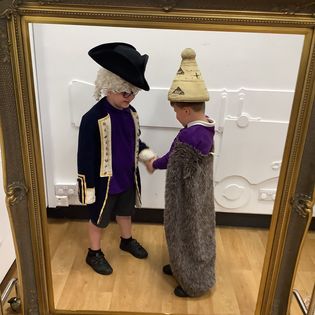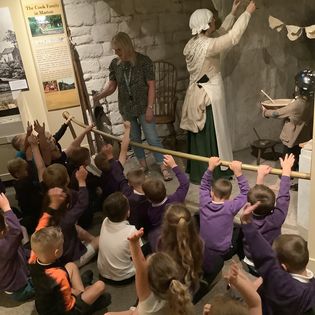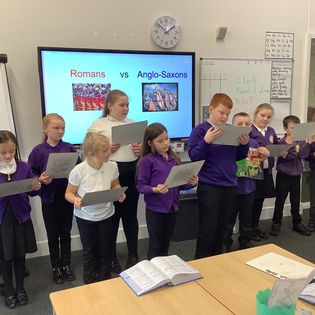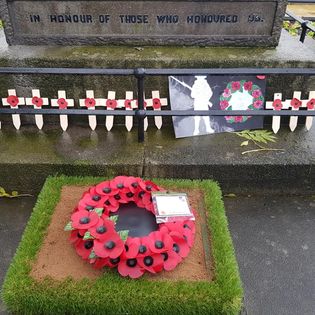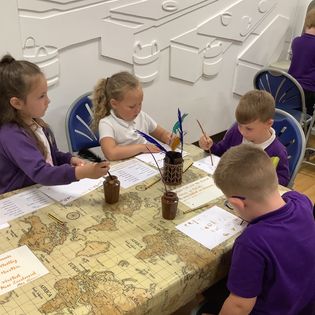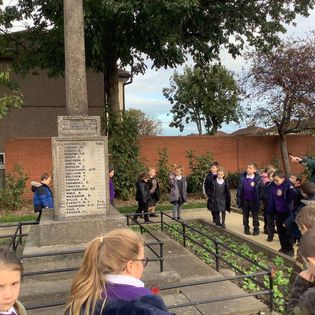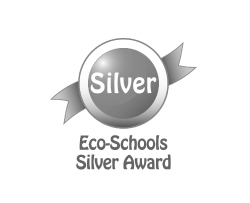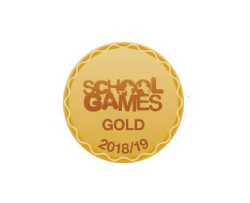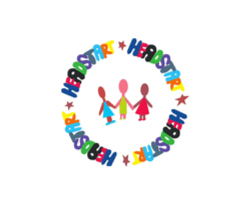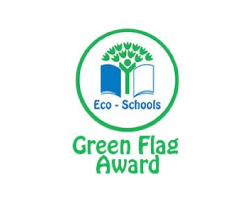Intent
Rationale
At Caedmon, we encourage our pupils to be passionate about history. As a school, we believe that a high-quality history education will help pupils gain a coherent knowledge and understanding of Britain’s past and that of the wider world. We aim to inspire pupils’ curiosity to know more about the past and encourage them to question why people interpret the past in different ways. The high-quality teaching of History within Caedmon encourages children to ask perceptive questions as well as developing skills such as thinking critically, being able to weigh evidence, sift arguments and develop perspective and judgement, It is our role as a school to ensure that our pupils experience a rich and relevant curriculum, not just gaining knowledge of Britain’s past, and our place in the world, but helping them to understand the challenges of our own time, through studying the past and gaining skills for the future.
Aims
At Caedmon, we want children to gain a coherent knowledge and understanding of significant aspects of history both in Britain’s past and that of the wider world, in order to help stimulate children’s curiosity to know more about the past. We want to develop pupils’ oracy skills and encourage them to ask perceptive questions using their own knowledge and understanding as well as thinking critically, weighing evidence, sifting arguments and developing perspective and judgement. We also want the children to begin to understand the complexity of people’s lives, the process of change, the diversity of societies and relationships between different groups, as well as their own identity and the challenges of their time.
Key Concepts
The Caedmon history curriculum inspires pupils’ curiosity about the past. Children will learn about civilisations, culture, the monarchy and historical events and changes in Britain and the wider world. They will know what it means to live in a democracy, learning about politics and how this has shaped society. They will learn about chronology and draw on a number of sources to collect their evidence.
Skills Progression
Our curriculum takes children on their journey from Nursery right through to Year 6.
In Nursery and Reception:
Our Early Years curriculum for Nursery and Reception pupils follows the ‘Early Years Framework’ which then links into Years 1-6 where we follow the National Curriculum for History. We have designed a sequenced and progressive long term planning format to ensure that lessons build on prior knowledge and enable our pupils to know more and remember more. Please visit our Early Years page within this section of the website to find out more.
In Key Stage One children will:
- Begin to develop an awareness of the past, using common words and phrases relating to the passing of time.
- They start to know where the people and events they study fit within a chronological framework and identify similarities and differences between ways of life in different periods.
- They demonstrate a growing confidence and accuracy when using common place historical vocabulary.
- Through literacy and drama, children become able to ask and answer questions, choosing and using parts of stories and other sources to show that they know and understand key features of events.
- Children start to use, and begin to evaluate, some of the ways in which we find out about the past and identify different ways in which it is represented.
- Children are taught to identify the changes within ‘changes within living memory,’ by examining how toys and entertainment have changed within living memory and what this reveals about changes in national life.
- Children also investigate ‘events beyond living memory,’ to develop a growing sense of chronology and awareness of time and changes over time.
- We will also study the lives of significant individuals in the past who have contributed to national and international achievements; the specific individuals studied will link to and support cross curricular links; however we plan to study Rosa Parks and Emily Davison and Grace Darling as part of our study of significant historical events, people and places.
In Key Stage Two, children will:
- Continue to develop a chronologically secure knowledge and understanding of British, local and world history, establishing clear narratives within and across the periods they study.
- This sense of understanding of chronology will be referred to throughout KS2 so that children become secure in their understanding of important historical events, and eras, trends over time and develop the appropriate use of historical terms.
- They should regularly address and sometimes devise historically valid questions about change, cause, similarity and difference, and significance.
- Children will learn to select, organise, review and present relevant historical information.
- Children will begin to understand how our knowledge of the past is constructed from a range of sources and that sources need to be carefully evaluated.
Core Skills
Early Years explore historical themes and content through the Understanding of the World strand of the EYFS curriculum. This involves guiding children to make sense of their physical world and their community through opportunities to explore, observe and find out about people, places and time.
Key Stage 1 and Key Stage 2
Across the school, there are four key historical learning strands that the children will explore over the course of their education, which are listed below:
1) To investigate and interpret the past
2) To build an overview of world history
3) To understand chronology
4) To communicate historically.
As children develop these skills in a range of contexts, so too will they develop the ability to be independent learners, using the key historical skills they have gained to analyse, question and compare sources of evidence to form their own judgements about the past. Learning from these strands helps children to foster an enthusiasm and a sense of curiosity about the past, encouraging children in their first steps towards being lifelong learners.
Implementation
Firstly, history is the process of enquiry, the search for evidence, and the examination of this evidence by sorting, evaluating and weighing it. For example, this could be a simple explanation of how we know a toy train is old in Key Stage One.
Secondly, historians use this evidence to imaginatively reconstruct the past – to write their history. The problem is that evidence is nearly always incomplete. So, historians use their skills to fill in the gaps and imagine and infer how it might have been. It is like completing a jigsaw when parts are missing and the picture on the lid is incomplete. In the classroom children can use photographs and artefacts to piece together the information.
We offer children the opportunity to see how and why different versions of the past differ. Children need to know that when historians describe and explain the past, what we get is their construct, and not a fixed and uncontested view of the past.
At Caedmon, the children study history through using a range of resources including:
- secondary sources such as books and iPads
- visits to historic properties
- trips.
- drama workshops
- observation
- explaining and note taking.
Impact
Our learners will …
At Caedmon, we strive to create a supportive and collaborative ethos for learning by providing investigative and enquiry based learning opportunities. Emphasis is placed on analytical thinking which helps children gain a coherent knowledge and understanding of Britain’s past and that of the wider world and fires children’s curiosity to know more about the past. Through this study, children learn to ask perceptive questions, think critically, weigh evidence, sift arguments, and develop perspective and judgement.

